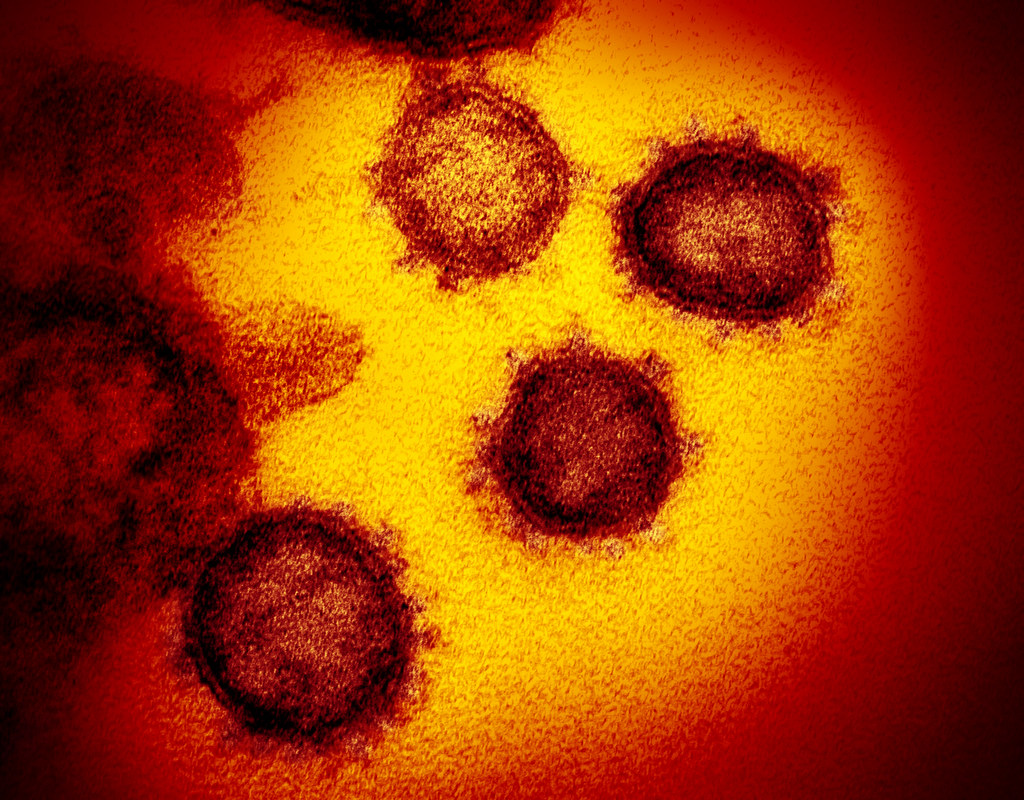Researchers explore mobile health apps, anti-virals to combat COVID-19
March 6, 2020

March 6, 2020

UBC researchers have received federal funding to help with the global COVID-19 response, including exploring the potential of mobile health apps and new anti-viral drug leads.
“The outbreak of COVID-19 represents a significant issue for public health in Canada and around the world," says Gail Murphy, vice-president, research and innovation at UBC. “Thanks to this generous funding from the Canadian government, UBC researchers can bring multi-faceted approaches to gaining a deeper understanding of this outbreak and help to develop treatments and prevent its spread.”
Richard Lester, a physician and associate professor in global health at UBC, is leading research to determine the potential for a mobile virtual health care app, called WelTel, to help people who are self-isolating to prevent transmission of COVID-19.
Lester and his team—which includes co-investigator Giuseppe Carenini, professor in the UBC department of computer science—are receiving $500,000 from CIHR to deploy the app, which has already been successfully used in Kenya helping HIV patients adhere to their antiretroviral therapy to achieve undetectable levels of the virus and prevent the spread of HIV.
“Now we have an opportunity to show how WelTel can help stop the spread of COVID-19 through supporting patients who are self-isolating at home,” says Lester.
François Jean, associate professor in virology in the UBC department of microbiology and immunology, is co-principal investigator of a project led by Richard Leduc at the Université de Sherbrooke, that received $856,000 from CIHR. Their research team is developing new anti-viral drug leads that target recently discovered host enzymes, which have contributed to the spread of a number of serious human viruses including the novel coronavirus that causes COVID-19 disease.
UBC researchers—Lester, Yue Qian, Srinivas Murthy, Natalie Prystajecky and Mel Krajden—are the principal investigators of teams collectively receiving more than $2.8 million in grants from the federal government to study COVID-19. The funding is focused on accelerating the development, testing, and implementation of measures to deal with the COVID-19 outbreak.
The federal government is providing the funding through the Canadian Institutes of Health Research (CIHR), the Natural Sciences and Engineering Research Council of Canada, the Social Sciences and Humanities Research Council, the Canada Research Coordinating Committee through the New Frontiers in Research Fund, the International Development Research Centre, and Genome Canada.
The funding will support the researchers’ work over the next two years. Research findings and data produced as a result of the funding will be shared rapidly and openly to inform the global public health response and to help save lives.
We honour xwməθkwəy̓ əm (Musqueam) on whose ancestral, unceded territory UBC Vancouver is situated. UBC Science is committed to building meaningful relationships with Indigenous peoples so we can advance Reconciliation and ensure traditional ways of knowing enrich our teaching and research.
Learn more: Musqueam First Nation